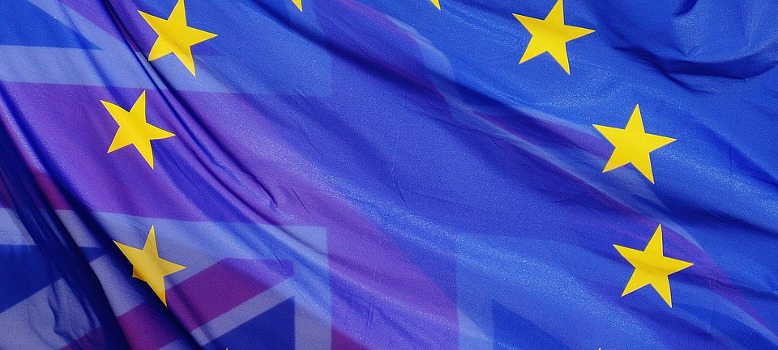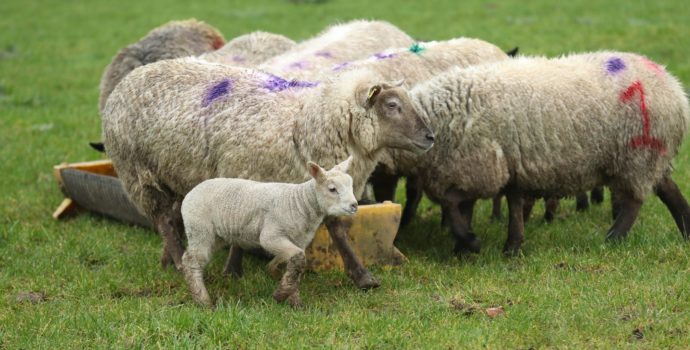Uk Customs Proposals Very Negative for Irish Agriculture

IFA President Joe Healy has said the UK’s insistence on leaving the customs union and pursuing an independent trade policy amount to a hard Brexit and is potentially very negative for Irish agriculture and the value of our agri-food exports.
The IFA President was commenting on the UK Government’s Position Paper on Future Customs Arrangements, published today, which sets out options for future customs arrangements between the EU and UK.
Mr Healy said, “Ireland is the EU economy that will be the most impacted by a hard Brexit, and farming and agri-food will be the most impacted sector. Ireland’s agri-food sector has a high dependence on the UK market, with 40% of exports destined for the UK market annually.”
He continued, “The UK Government has proposed two options – either the reinstatement of a ‘highly streamlined customs arrangement’, or a ‘customs partnership’ which they suggest would not require a customs border between the EU and UK.
“The first option would see the reinstatement of a customs border between the EU and UK. This is a very retrograde development for trade on the island of Ireland and between Ireland and Britain, after forty-five years of EEC/EU integration.”
Joe Healy said, “The second option, of a ‘customs partnership’ between the EU and UK is simply not an acceptable outcome for the agriculture and food sector, as even under this arrangement, the UK would still be committed to pursuing their own trade policy for imports into the UK.”
He said, “Any increase in low-cost food imports into the UK that would undermine the value of the UK market would have a devastating effect on the Irish agri-food sector. The potential displacement of Irish food exports from the UK market will in turn destabilise the EU market balance.”
The IFA President concluded, “In order to safeguard the future value of the Irish and EU farming and food sector, the EU must negotiate a balanced Free Trade Agreement with the UK, which would include the following specific conditions for agriculture and food:
• Tariff – free trade for agricultural products and food;
• Maintenance of equivalent standards on food safety, animal health, welfare and the environment; and
• Application of the Common External Tariff for agricultural and food imports to both the EU and UK.




